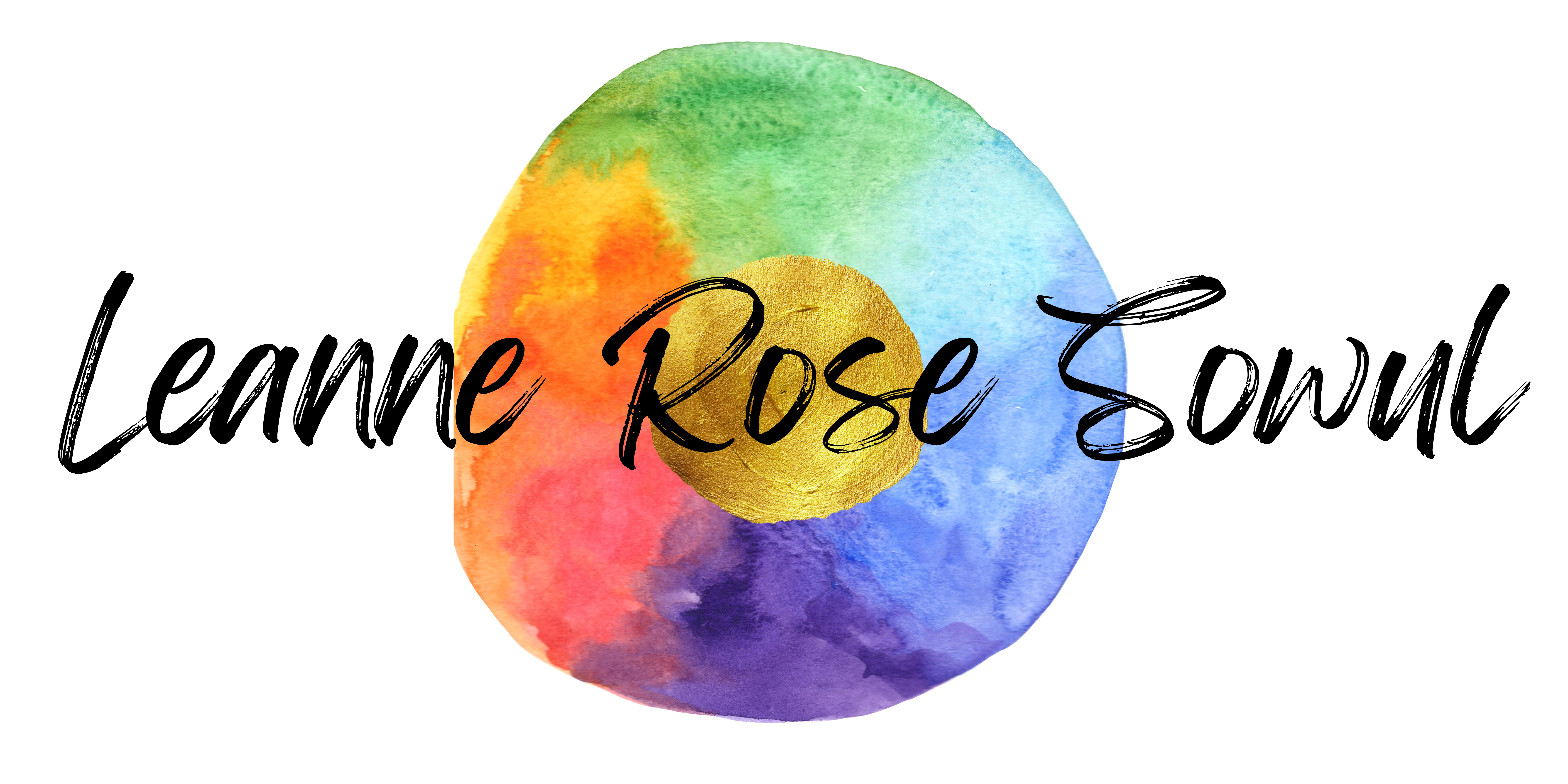For the past two years, since deciding to try for a baby, I’ve undergone several adjustments to my thyroid hormone: first to get myself to a level where I was able to conceive and carry a baby, then to keep the baby safe from miscarriage, then to re-balance the hormones from pregnancy and nursing. I’m still working on that last one. When my thyroid hormone is off, I experience several symptoms, which I’m now all too familiar with. The worst, and unfortunately most common symptoms, are anxiety (if I’m hyperthyroid) or depression (if I’m hypothyroid). I can distinguish these symptoms from normal, everyday feelings because they feel completely unnatural and out of proportion to the situation, like a wave of stress building in my chest just because there are dishes in the sink when I get up in the morning. When I start to feel these things, I know I need to see my doctor, get a blood test, probably adjust my medication, and then wait for several weeks for the change to take effect. (Synthroid is a slow-acting drug. There are other thyroid medications that work more quickly, but are less effective in the long term.)
In the meantime, there’s very little I can do medically. I haven’t been able to take antidepressants, at least recently, because I was pregnant and then nursing. So instead, I’ve come up with some lifestyle tips that help me to keep the depression and anxiety from overwhelming me. If I stick to this list, I can generally get through the difficult times until my hormone levels achieve a balance again.
1. Go to therapy. I strongly believe in the healing capability of talking to a therapist, if you find the right person, which can take some trial and error. I saw a great therapist for a year or so after my grandmother died, and while I don’t see her regularly anymore, she’s kind enough to take me in for an appointment or two if I’m going through a tough time.
2. Exercise. Sometimes it’s hard to get off the couch when you’re feeling depressed, but exercise is a must, even if it’s just a short walk in the fresh air. Yoga is helpful to some, though I sometimes find that it’s hard to sit with my thoughts at a time when those thoughts are darker than usual. Personally, I like higher-impact workouts, like kickboxing and step aerobics.
3. Eat the right foods (and avoid the wrong ones). I’ve done some research on this, and learned that dark leafy greens, quinoa, nuts, shrimp, pumpkin seeds, edamame and oolong tea are all helpful natural remedies. (See this video from the Dr. Oz show.) It’s always tempting for me to binge on cookies and ice cream, but I’ve learned that eating junk food just makes me more unhappy and it becomes harder and harder to break the cycle.
4. Be honest about how I’m feeling. I used to hide it when I felt depressed or anxious about things. Now my husband is the first to know, and I usually tell my family and close friends if it seems to be going on for awhile. Honesty helps me heal, and allows others to give me the space to do so.
5. Take comfort in any small thing that makes me happy. For example: watching trashy teen soaps without feeling guilty; breaking out my Archie comic books; baking cupcakes and giving them away; wearing clothes that make me feel beautiful when I go out, and special comfy clothes when I stay in. (I have a dorky T-shirt that says “Expecto Patronum” on it in lightning-shaped letters. Harry Potter fans will understand why that shirt makes me feel powerful.)
I hope this is helpful to anyone struggling with anxiety and depression, or even just has a periodic case of the blues. I’m not ashamed of these conditions, just as I’m not ashamed of having had the cancer that caused them. I’ll be happy if this post made someone feel a little less alone, or gave them some helpful information.
I’m also happy to share other information about thyroid disorder symptoms (I’ve experienced a myriad of them, both hypo- and hyper-). Please email me if you’d like to talk.
Please be advised that I am NOT a medical professional and the above list is simply a layperson’s opinion. If you think you are experiencing depression or anxiety, talk to someone- a friend or family member, if not a doctor. Everyone needs and deserves support.


